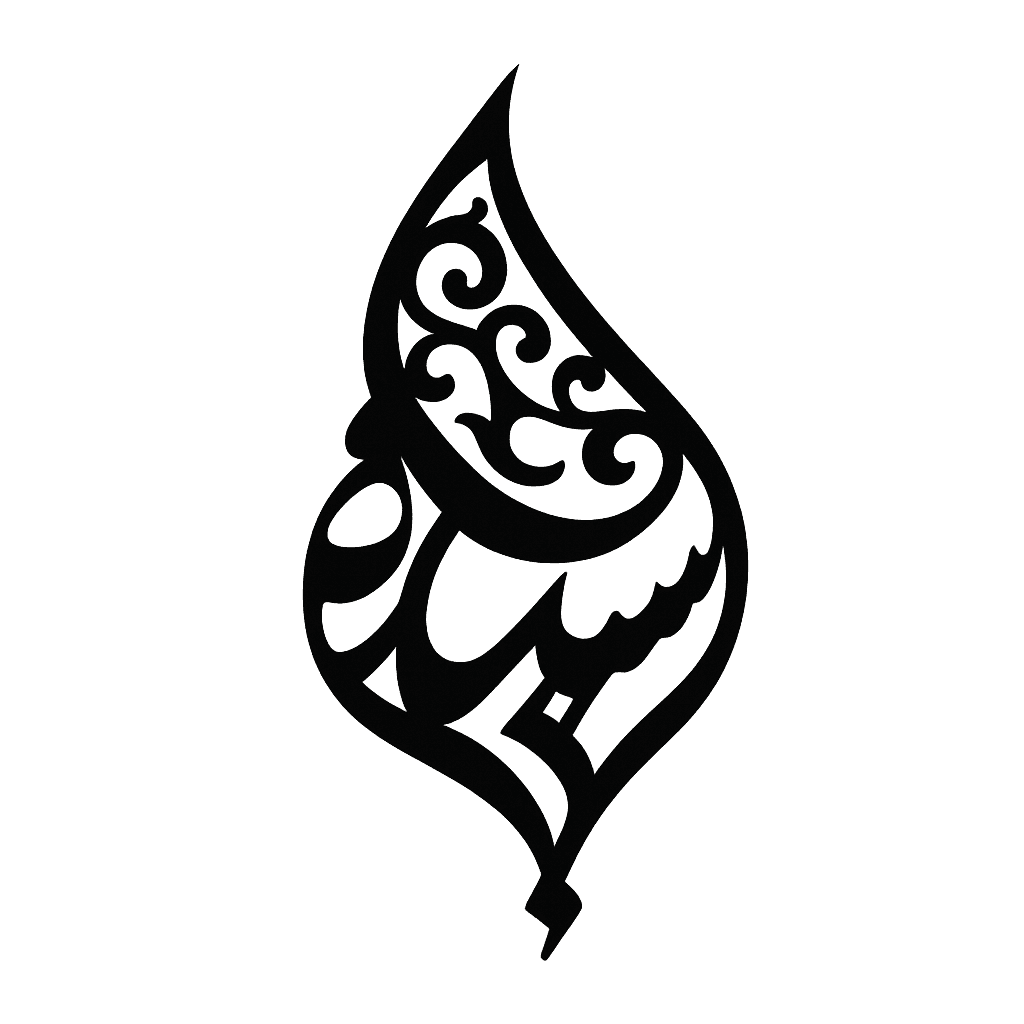Archaeology, to me, is a dialogue with the silent — a slow unveiling of lives once lived, songs once sung, and objects once sacred. My journey through earth and archive has been both academic and deeply human, grounded in the belief that heritage is not a relic of the past but a tool for connection and understanding journey more intelligible and grounded. At the same time .
My academic path began in Iran, where I trained as an archaeology student at the University of Tehran. My first fieldwork experiences were at Neolithic sites in Qazvīn, where I learned the foundational techniques of excavation and archaeological recording. These early years taught me to read the landscape like a text — subtle, layered, and alive with hidden meaning.
As I progressed into my master’s studies, I joined archaeological missions in southwestern Iran, particularly at Haft Tappeh, Chogha Zanbil, and Dehno. These Elamite and pre-Achaemenid sites offered the first tangible links between my interests in archaeology and music. It was here that I encountered ancient figurines and ritual objects that would later inspire the core questions of my PhD research on music archaeology.
From 2004 to 2007, I also worked in the highland region of Izeh, developing cultural education programs for children. This initiative emphasized the value of heritage not only as an academic subject but as something that could be lived and protected through community-based learning.
After moving to Berlin, my perspective widened further. From 2012 onward, I became involved in projects that focused on the heritage of the recent past, particularly the excavation of Nazi-era forced labor camps at Berlin’s Tempelhof Airport. Under the direction of Professors Susan Pollock and Reinhard Bernbeck, I contributed to a project that examined modern trauma through archaeological methods. These years marked a turning point, as I began to explore the ethical dimensions of archaeology, including themes of violence, silence, and remembrance.
During the same period, I co-founded Oriental Heritage Without Borders (OHWB) — a collective of young Middle Eastern scholars in Berlin. Our goal was to promote inclusive, non-nationalist approaches to heritage studies. Between 2012 and 2014, We curated and organized the THINK and TALKS seminar series, where researchers and artists met monthly to share critical perspectives on archaeology, identity, and representation.
My field research has also extended beyond Iran and Germany.
Between 2007 and 2011, I conducted studies in South India, Syria, Turkey, and Lebanon — all shaped by a desire to understand the relationship between place, sound, and cultural memory. Each location brought a new context, but the same essential question: how do material objects and sonic traditions preserve identity across time?
In all these settings — whether ancient Elamite temples, war-torn ruins, or the everyday classrooms of rural Iran — I have remained committed to a form of archaeology that listens carefully. One that sees heritage as dynamic and alive, and that recognizes the deep connections between music, memory, and the landscapes we inhabit.


https://fu-berlin.academia.edu/SepidehKhaksar


